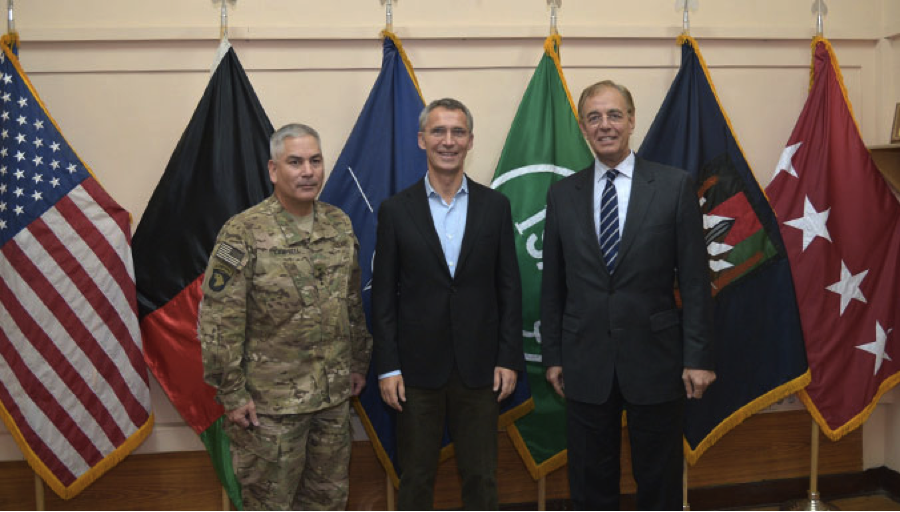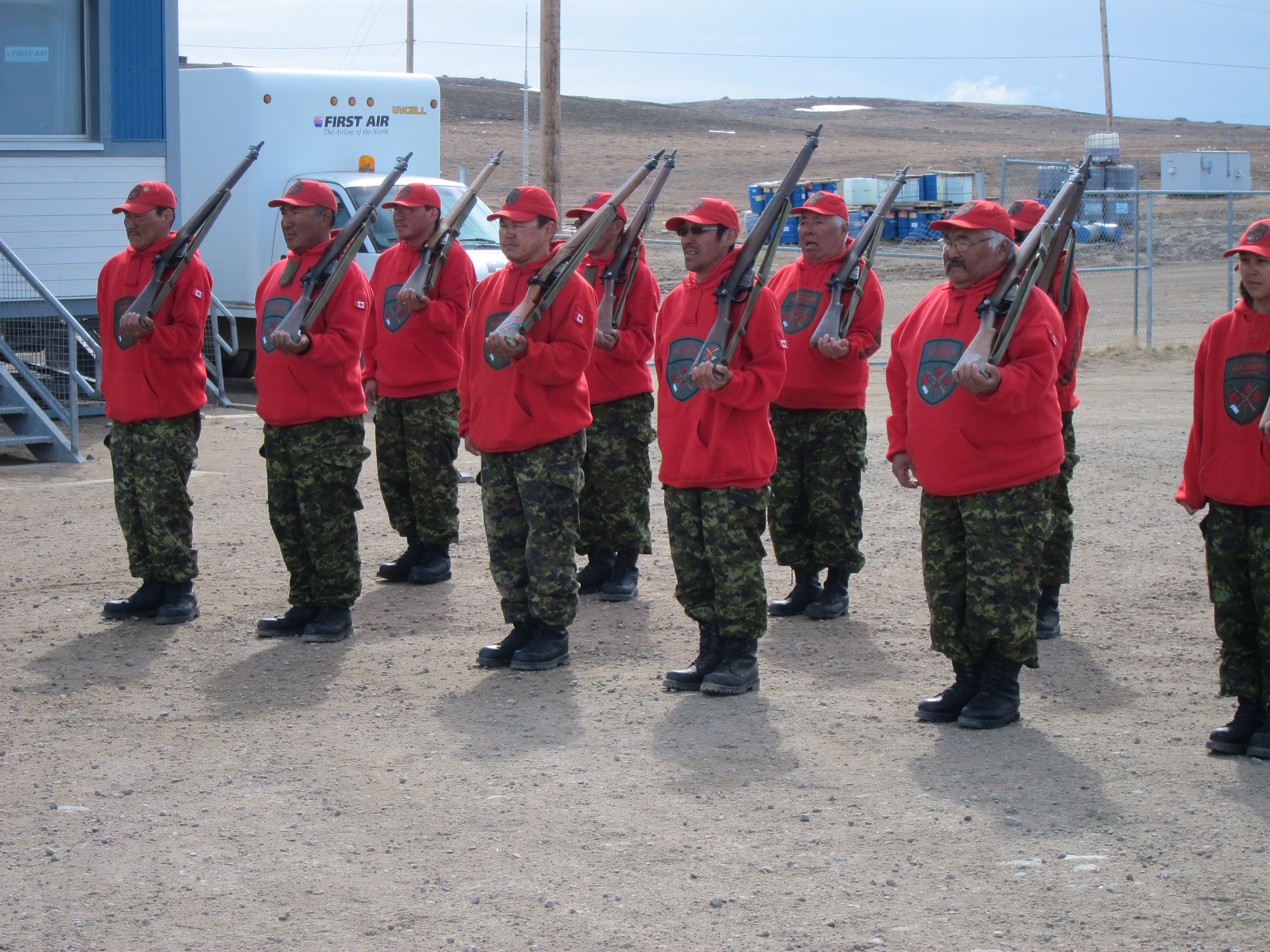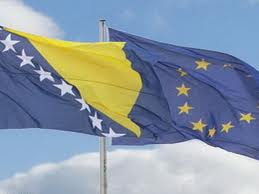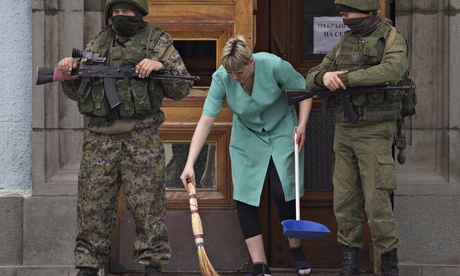The NATO Secretary General Jens Stoltenberg’s visit to Afghanistan in early November marked an important moment in relations between NATO and Afghanistan’s new democratic government. His visit was the first since Afghanistan elected President Ashraf Ghani to office earlier this fall. Stoltenberg’s visit also followed the Afghan Parliament’s November 2014 ratification of the detailed operation plan put forward by NATO in September, 2013. The plan details the transition to a new support mission in Afghanistan called Resolute Support as the International Security Assistance Force’s (ISAF) combat mission comes to an official end in January, 2015.
ISAF and NATO
ISAF was created out of resolution 1386 at the Bonn Conference in December, 2001. While it was originally part of a three-member partnership between the Afghan Transitional Authority and the United Nations Assistance Mission in Afghanistan, NATO assumed the primary leadership role of ISAF in August, 2003.
By handing the reigns over to NATO, the United Nations and members of the Security Assistance force hoped to remedy the problem of finding countries willing to lead the mission in the longer term. As leader of the mission, NATO had the best apparent capacity to provide the mission with stability in its leadership, and to ensure that smaller nations with fewer resources would still have the opportunity to contribute to its cause under the NATO umbrella.
In its early years, ISAF’s primary mission was to maintain and provide security in the city of Kabul and its immediate surrounding region. In October, 2003, the United Nations agreed to expand ISAFs role outside Kabul, eventually extending their mission to the provision of security for all of Afghanistan. Between October 2003 and 2006, ISAF expanded first North, then to the Western and Southern parts of Afghanistan in February, 2005, and eventually moved East in 2006, taking up presence in the whole of Afghanistan.
Winding Down ISAF
Since 2001, ISAF has had more than 50 troop contributing nations including Canada. As NATO works to wind down the ISAF mission throughout the remainder of 2014, it will use social media to pay tribute to the contributions made by each of its supporting nations. This effort will culminate with the official end of the International Security Force, and the beginning of NATO’s transition to Resolute Support in January, 2015.
As detailed above, Resolute Support is NATO’s new non-combat mission in Afghanistan. Its primary goals are to train, advise, and assist in the continued development of the Afghan Security Force. An estimated 12,000 personnel from NATO and supporting Nations will participate in the early stages of the mission, which will operate chiefly out of Kabul.
Looking to the Future
The ratification of Resolute Support by the Afghan Parliament marked a positive milestone between NATO and Afghanistan. The hope remains that this new mission will succeed in building a strong and independent Afghan Security Assistance Force, restoring the responsibility for Afghanistan’s future to its rightful place in Afghan hands.





